مسیر عاشقی
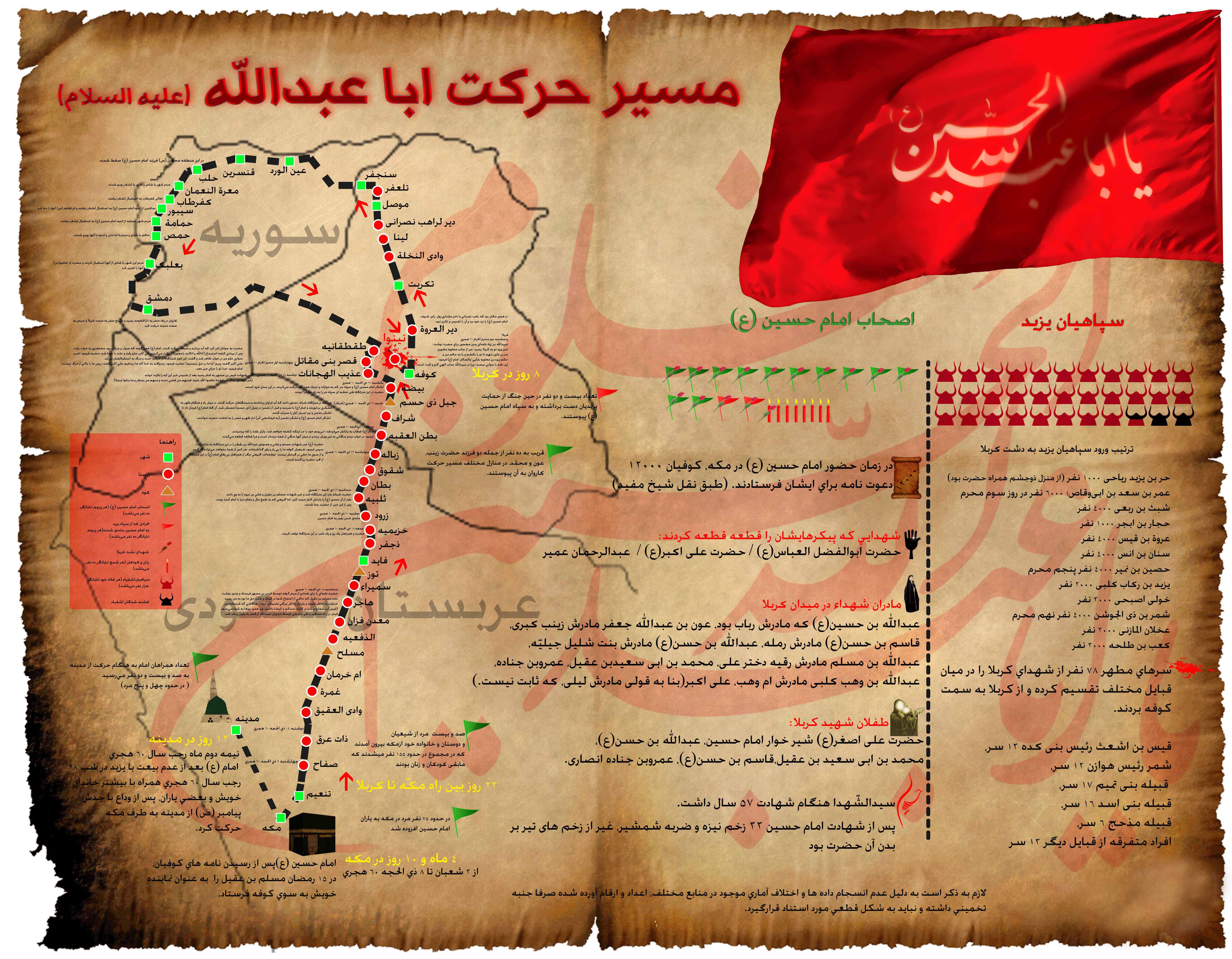
مسیر حرکت کاروان ابا عبد الله الحسین علیه السلام
eternal glory hussein
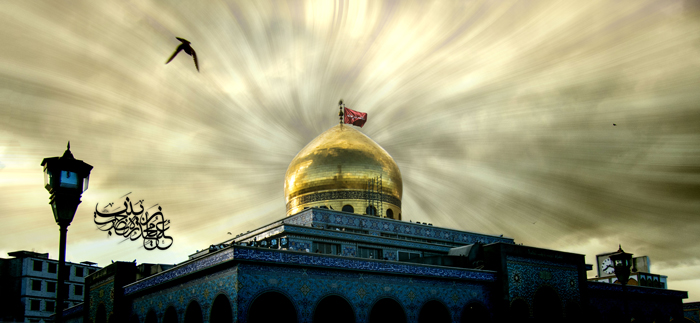
I walk through the valleys and the shadows of the death that surrounds me
Entrenched in the smell of blood lingering in my soul
Searching for their stories repeatedly told and simultaneously ignored
And I walk
I walk and I stumble on the remains of those who passed before me
Sacrificing their life for that eternal glory?
No, to them death is sweeter than honey
And I’m taken back by the feeling that overwhelms me
The beginning of Husseini period
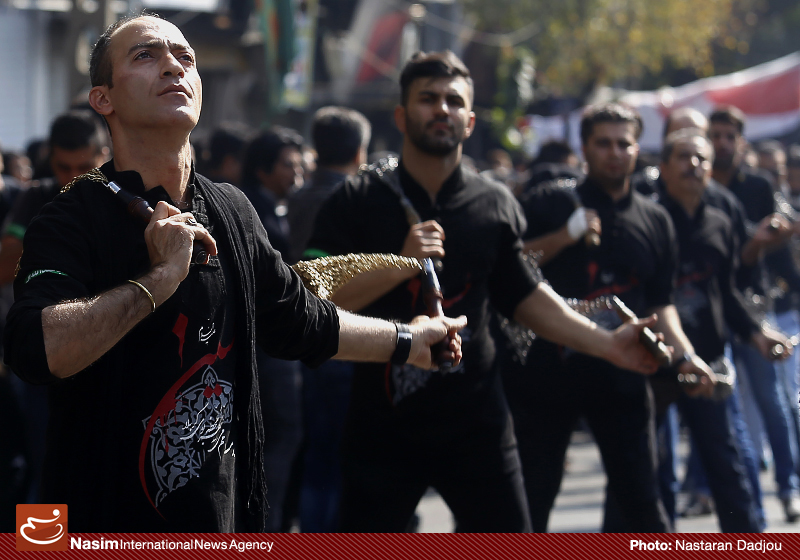
The first day of Muharram .The beginning of Husseini period
It must be said, it is the month of sadness of all the world; every year since the beginning of Muharram until Ashura, the ripped dress of Imam Hussein is hang down from the Throne of God and grief and sorrow fills all the universe..
Muharram is also the beginning of mourning ceremonies of Imam Hussein (AS). These ceremonies make people familiar with their faith. In Muharram people get their religious commands from Takaya, Hussainias, and mosques and put these command into their mind and heart. Attending in mourning ceremonies and cry for Seyedolshohada (AS) are our duties in the absence of Imam Mahdi (AS).
It was Wednesday that Imam Hussein (AS) sink Ejlal at Mqatel Palace. It is well known that in the in this place of Imam Hussain (AS) met Obaidullah ibn Hurr Jafy and invited him to help. But he did not accept and later regretted. And then Imam Hussein (AS) arrived at Nineveh.
Source: Shiite Calendar Book
critical Juncture In The Life Of Mankind
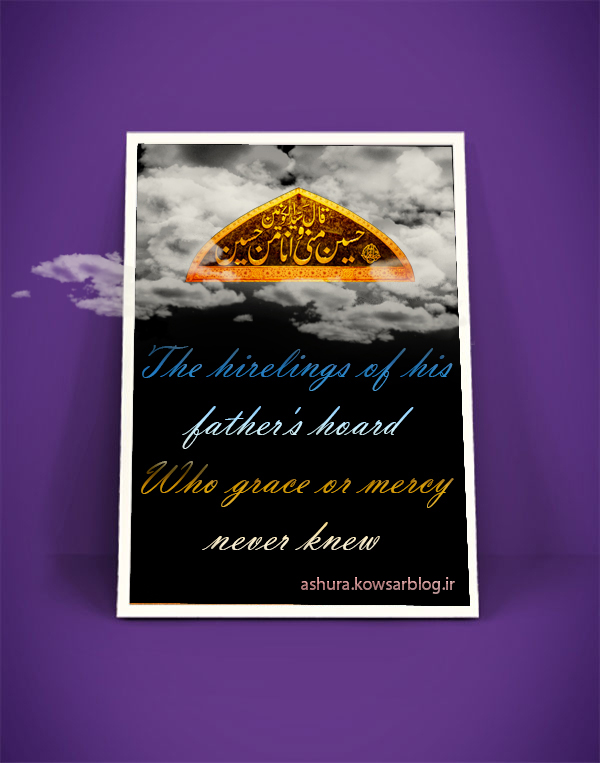
critical Juncture In The Life Of Mankind
Days Of Separation
The days of separation are distinct occasions in history that classify people into two or more groups. The place of these occasions in history is similar to that of crossroads which people come across during their journeys. Roads and highways bring together the travelers till they reach the crossroads where they split into two, three or more groups. In the same way, days of difficulty separate people who were together during days of ease and comfort.
The holy Qur’an named the day of Badr the Day of Separation1 because the people who were hitherto living together in Mecca during peace time were divided into two belligerent parties on that day.
It is not always possible for a person to live a life of civility and pleasant social intercourse with all the people, for God Most High has assigned, in the course of history and the life of mankind, days on which they have to make a resolution concerning what they say or do. They have to take a decision on war or peace; whether to continue their relationships or sever them; whether they will turn towards God or away from Him. These days are the days of separation.
Ashura Is Among The Days Of Separation
The day of Ashura was a day of separation in Islamic history. It divided the people who were living together during peace time into two different groups: one group stood with Husayn (as) and fought the Umayyads, while the other supported the Umayyads and fought Husayn (as). On that day, the people had no choice but to select and decide on which side they would fight, and, there was no other option. This is the feature which distinguishes the days of separation: it forces the people to choose the party to which they will give their loyalty and repudiate the other.
Reward of the Martyred Companions
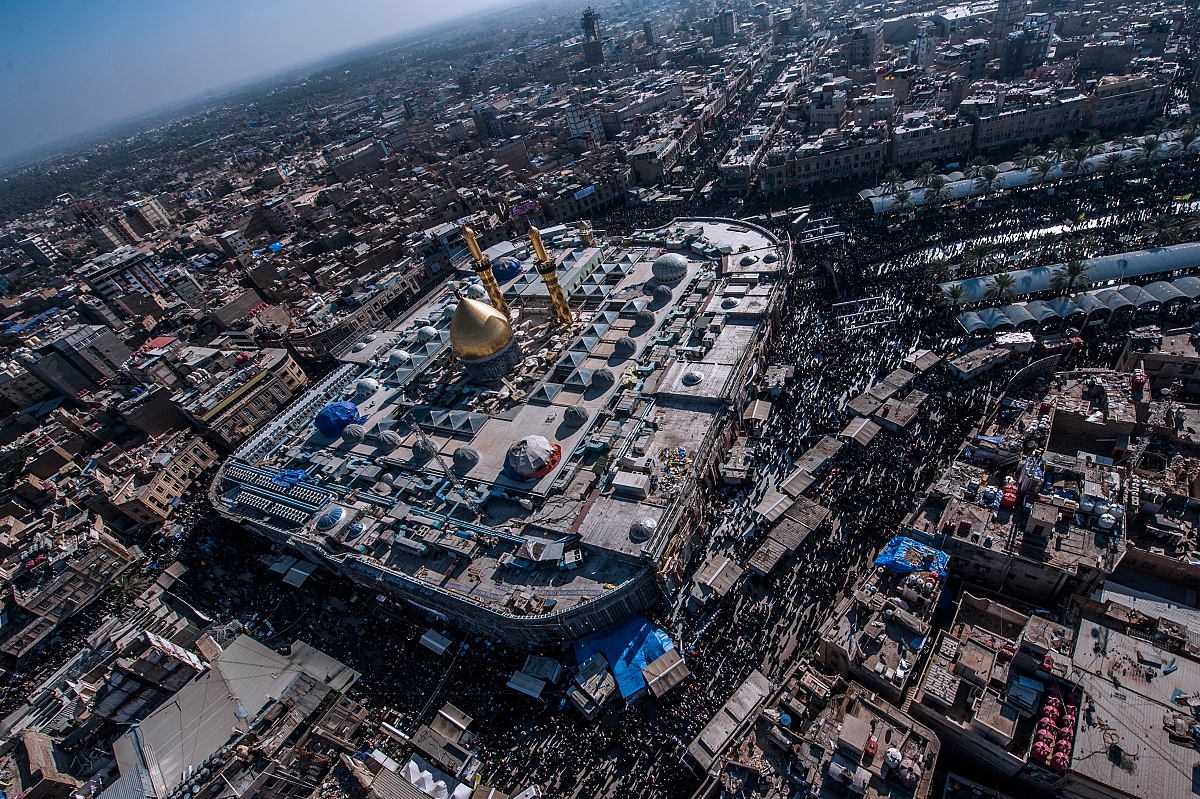
Reward of the Martyred Companions
قال الرضا (ع):
إن سرَّك أن يكون لك من الثواب مِثلُ ما لمَن استُشهد مع الحُسين فقُل متى ما ذكرته يا ليتني كُنت معهم فأفوز فوزاً عظيما
Imam Ridha’ (A.S.) said (to one of his companions): If you desire that for you be the reward equivalent to that of those martyred along with Husayn (A.S.), then whenever you remember him say: ‘ Oh! Would that I had been with them! A great achievement would I have achieved’.
Wasaail al‑Shia’h, vol. 14, pg. 501.
Shiite day of Ashura for what cries
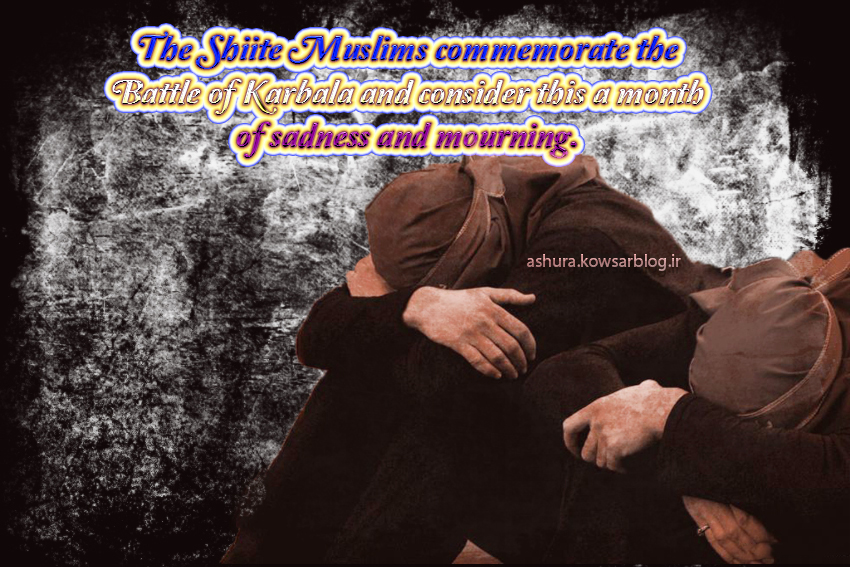
We commemorate Ashura’ to symbolise and express our grief and emotions towards the martyrdom of Imam al-Hussain (AS), to keep Imam al-Hussain’s (AS) cause alive in our hearts and to be committed to his cause. Also, we want to extract lessons from the tragedy of Karbala and apply them to our daily lives. We want to pay our condolences to the Holy Prophet (S) and the Ahlul Bayt (AS). You might then ask why we do not commemorate the death of the Holy Prophet (S) who has a much higher rank than Imam al-Hussain (AS). The answer to this is that although we do commemorate and mourn the death of the Holy Prophet (S), it is the way and circumstance in which Imam al-Hussain (AS) was martyred which makes all the difference, the fact that he was martyred for refusing a government headed by the wretched Yazid, who drank, gambled and indulged in many corrupt practices, the fact that those who savagely slaughtered Imam al-Hussain (AS) called themselves Muslims is what makes us mourn and lament his martyrdom the way we do.
day of ashura
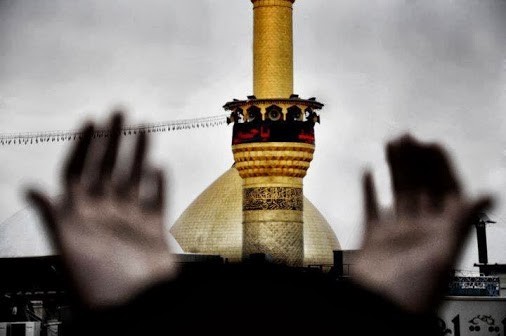
Every year, Muslims around the world commemorate the tragedy of Karbala. They attend mourning meetings and processions in which the story of Karbala is retold, lamentations are held and special poetic readers using dramatic techniques and symbolism recite eulogies to mark the events of the day of Ashura. All these commemorative meetings not only serve to convey the events and message of Karbala but also provide opportunities for us to learn about Islam in general